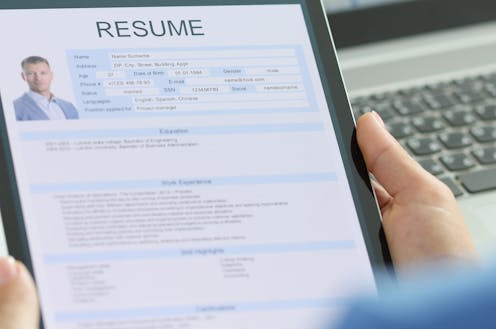The top 3 skills needed to do a PhD are skills employers want too
- Written by Lilia Mantai, Senior Lecturer and Academic Lead, University of Sydney

More and more people are applying to do a PhD. What many don’t know is it takes serious skills to do one – and, more importantly, complete it.
We analysed the selection criteria for PhD candidates on a platform that advertises PhD programs. Our analysis[1] of thousands of these ads revealed exactly what types of skills different countries and disciplines require.
Why do a PhD in the first place?
People pursue a PhD[2] for many reasons. They might want to stand out from the crowd in the job market, learn how to do research, gain a deeper expertise in an area of interest, or pursue an academic career.
Sadly, too many PhD students never finish. The PhD turns out to be too hard, not well supported, mentally taxing, financially draining, etc. Dropping the PhD often means significant financial loss[3] for institutions and individuals, not to mention the psychological costs of other consequences such as low self-esteem, anxiety and loneliness[4].
Read more: 1 in 5 PhD students could drop out. Here are some tips for how to keep going[5]
Our society and economy can only benefit from a better-educated workforce, so it is in the national interest to manage PhD intakes and be clear about expectations. The expansion of doctoral education[6] led to a more competitive selection process, but the criteria are opaque.
To clarify PhD expectations, we turned to a European research job platform[7] supported by EURAXESS (a pan-European initiative by the European Commission) where PhD programs are advertised as jobs. Required skills are listed in the selection criteria. We analysed 13,562 PhD ads[8] for the types of skills different countries and disciplines require.
We made three specific findings.
1. Top 3 skills needed for a PhD
It turns out that it takes many so-called transferable skills to do a PhD. These are skills that can be translated and applied to any professional context. The top three required skills are:
communication – academic writing, presentation skills, speaking to policy and non-expert audiences
research – disciplinary expertise, data analysis, project management
interpersonal – leadership, networking, teamwork, conflict resolution.
Trending skill categories are digital (information processing and visualisation) and cognitive (abstract, critical and creative thinking and problem-solving).
Read more https://theconversation.com/the-top-3-skills-needed-to-do-a-phd-are-skills-employers-want-too-175923

















